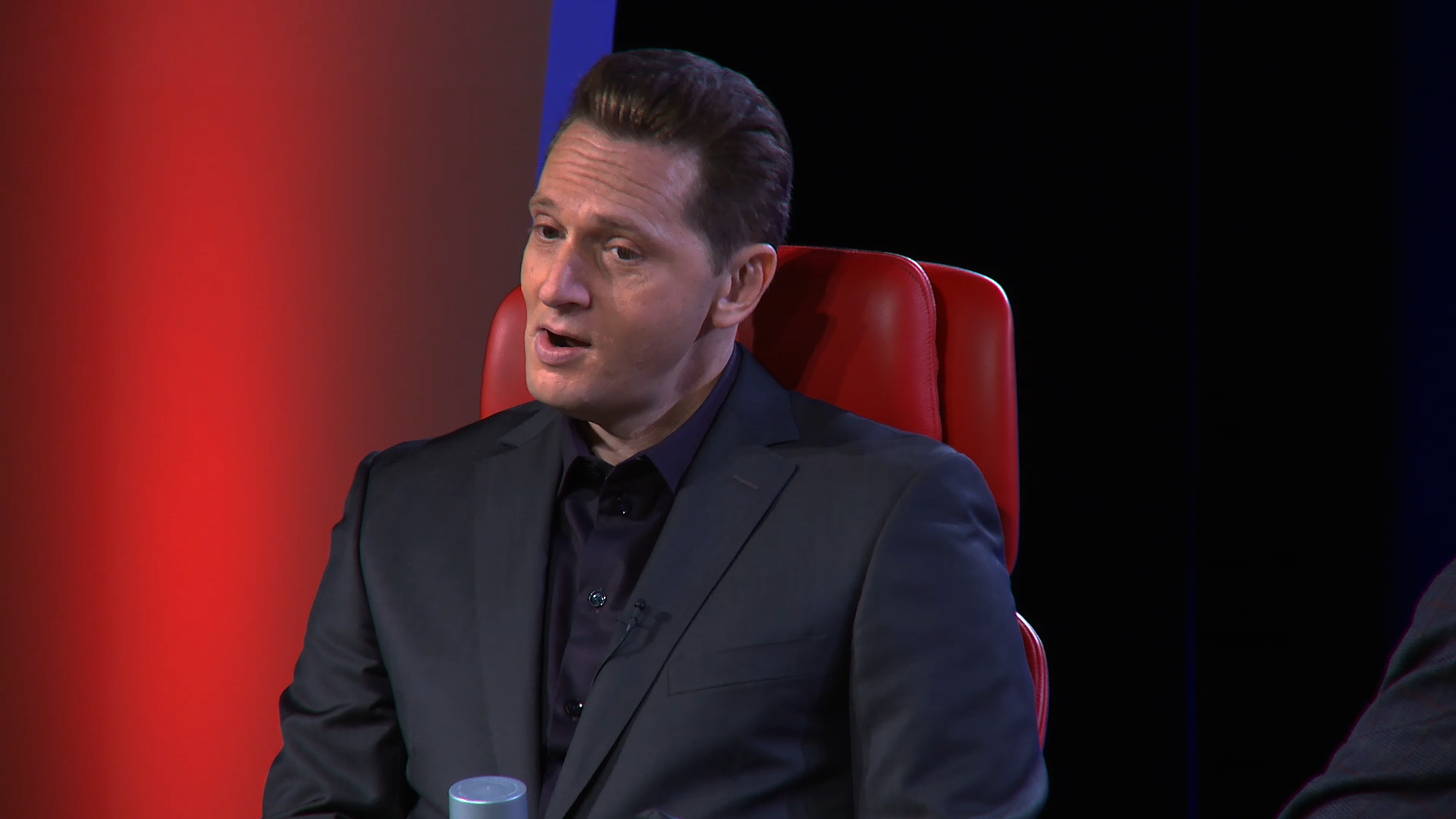HBO's Silicon Valley often takes its inspiration from real-world events, but Gavin Belson's comparison between billionaires and Jewish people during the Holocaust was thought to be too extreme to occur in real life. Unfortunately, this bit from Season 2's "Bad Money" was a reference to an infamous Wall Street Journal letter written by billionaire venture capitalist Tom Perkins, who made the comparison a year before the episode aired.
"Bad Money" sees Belson interviewed at a coding conference by Kara Swisher and Walter Mossberg. After attempting to give some uplifting advice to aspiring entrepreneurs, Swisher calls out Belson for his empty words, causing him to get more aggressive. Fed up with Swisher's criticism, Belson declares, "Billionaires are people, too. We are leaders in technology, in industry, in finance. Look at history. Do you know who else vilified a tiny minority of financiers and progressive thinkers called the Jews?" When asked, "Did you just compare the treatment of billionaires in America today to the plight of the Jews in Nazi Germany?" Belson digs himself into a deeper hole, suggesting that billionaires are treated even worse than Jewish people during the Holocaust and that the massively wealthy "didn't even do anything wrong."
Many Silicon Valley fans were unaware that this scene was referencing Perkins' real-life letter, which was inappropriately titled "Progressive Kristallnacht Coming?" Written following the Occupy Movement, Perkins compared criticism of billionaires to the plight of Jewish people during the Holocaust, stating, "Writing from the epicenter of progressive thought, San Francisco, I would call attention to the parallels of fascist Nazi Germany to its war on its 'one percent,' namely its Jews, to the progressive war on the American one percent, namely the 'rich.'"
Perkins' comments immediately sparked outrage, with numerous media outlets, Twitter users and even his former firm, Kleiner Perkins, condemning his comments. The Silicon Valley investor, who was worth around $8 billion when the comments were made, later apologized for his comparison but claimed, "In the Nazi era it was racial demonization, now it's class demonization," during a statement obtained by the International Business Times. At the time of its publication, Perkins' letter was one of the most popular obtained by the Wall Street Journal, who published Op-Eds condemning his words.
Silicon Valley used this moment to eviscerate the empty-handed gestures of people in power, as Belson meets with Jewish community leaders following his gaffe. His attempt at outreach is also a failure. Belson announces a short-sighted plan to recreate Yad Vashem, a Holocaust memorial museum, within Hooli's Headquarters. Despite feigning concern for the community, Belson is clearly more interested in acquiring Pied Piper and only reaches out to Jewish figures to improve his public perception. This moment captures the façade around Silicon Valley. The region is stereotypically depicted as a progressive haven for intelligent people, yet the setting remains rife with ignorance and bigotry amongst its wealthiest denizens.
Although Gavin Belson's comments were more over-the-top than Perkins', Silicon Valley shows that our reality isn't far-off from the absurdity of the modern-day tech industry, where Perkins made his name as an early investor for Google, Amazon and AOL. By highlighting Belson's narcissism, Silicon Valley was able to demonstrate how unchecked wealth, privilege and arrogance can distort a person's reality.


